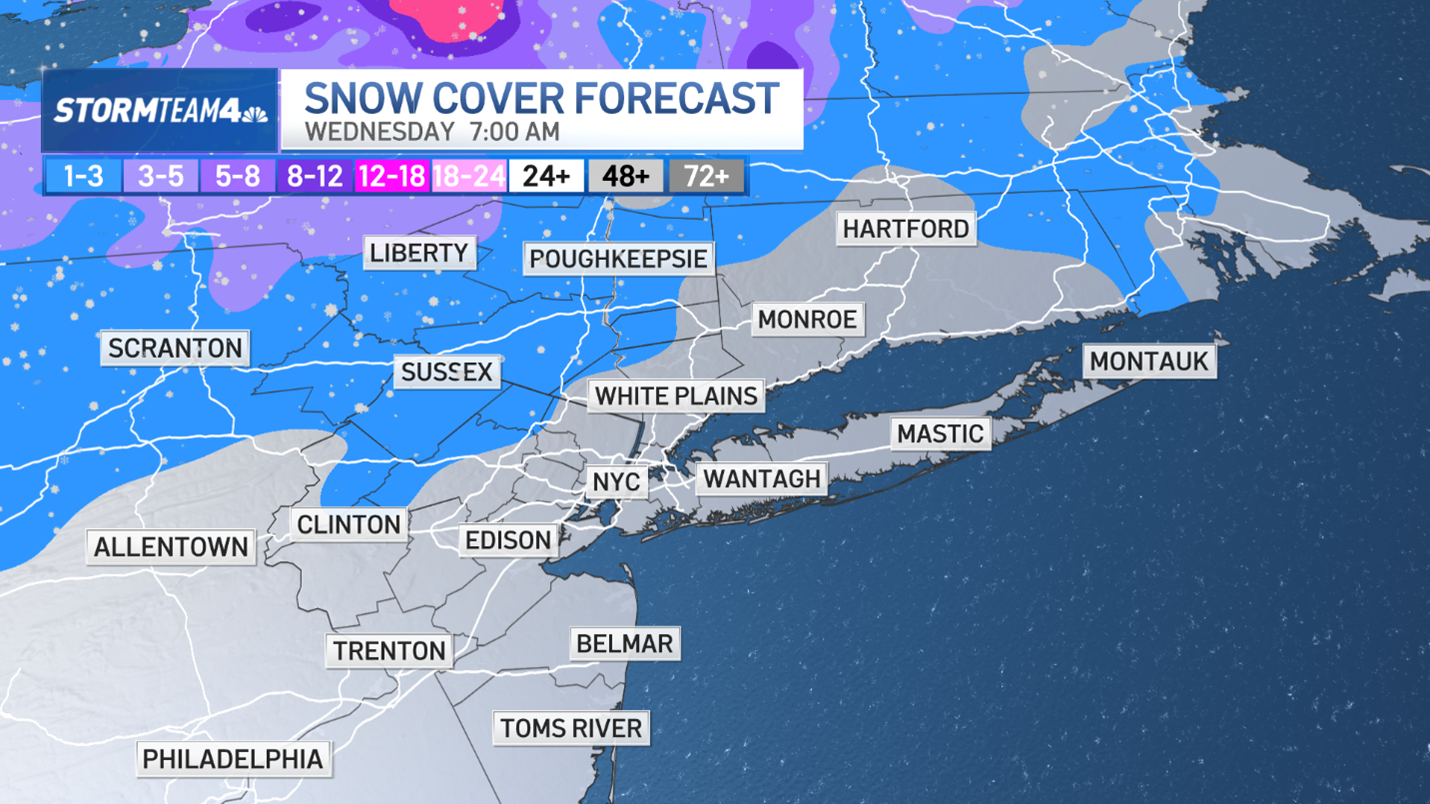More potentially deadly Portuguese man-of-wars are popping up on the Jersey Shore, according to officials.
Stone Harbor resident Ann Delaney said she found one of the dangerous sea creatures during a Sunday morning walk on the beach, reports NJ.com.
"I walk (the beach) every morning and I usually pick up plastic, and I thought it was a colorful Ziplock bag," Delaney told NJ.com. "I remember reading a post about the man-of-war found on Long Beach Island ... I realized that it could be that. So I didn't touch it. I touched it with my shoe but I didn't pick it up."
Delaney is one of several beachgoers who have found the vibrant blue and purple, jellyfish-like creatures in the last week along the coast in southern Ocean and Cape May counties, the website reports.
The first reported sighting of a man-of-war was June 21 in Harvey Cedars on Long Beach Island.
Officials say the northeast wind brings warm water from the Gulf Stream to shore, and along with it, seaweed and sea animals.
Portuguese man-of-wars have tentacles that grow from 10 to 30 feet long and marine biologists say their potentially deadly sting is far worse than what you’d get from jellyfish normally found at the Jersey Shore.
Local
Stings from man-of-wars can cause abdominal pain, changes in pulse, chest pain, collapse, headache, muscle pain and spasms, numbness and weakness, pain in the arms or legs, a raised red spot on the skin, runny nose and watery eyes, difficulty swallowing and sweating.
“Their stings are among the most painful and if somebody is allergic to bee stings or something like that, you can go into shock,” Dr. Paul Bologna, associate professor of biology at Montclair State University said.
Beachgoer Emily Merchant says she was stung by a Portuguese man-of-war as a child in Hawaii. The creatures are commonly found in tropical waters but the Gulf Stream and certain wind patterns can send them our way.
“It was horrible. I thought I got electrocuted,” Merchant said.
Experts say this likely wasn’t an isolated incident and that it’s highly probable that more of these jellyfish will show up on local beaches in the next week or so.
“You never want to turn your back on the ocean. It’s always constantly changing,” Harvey Cedars Beach Patrol Captain Randy Townsend said.



